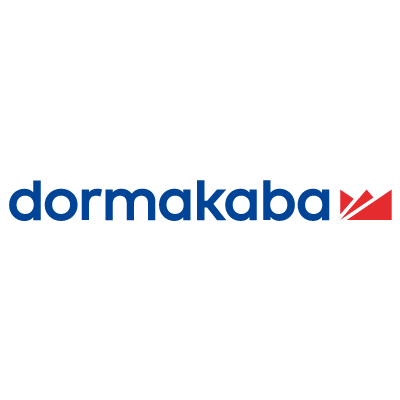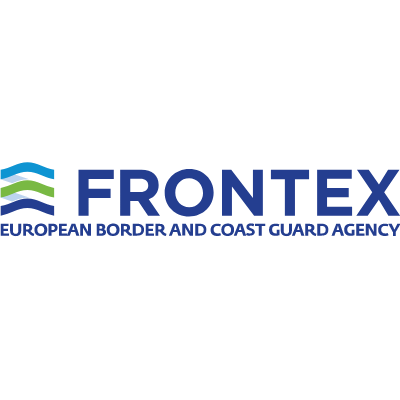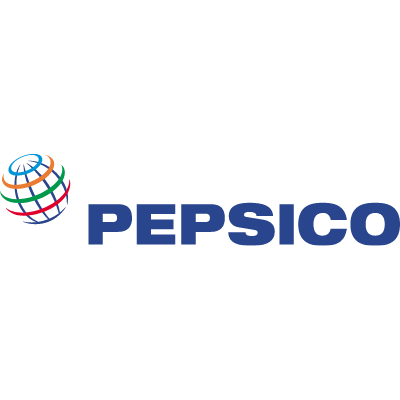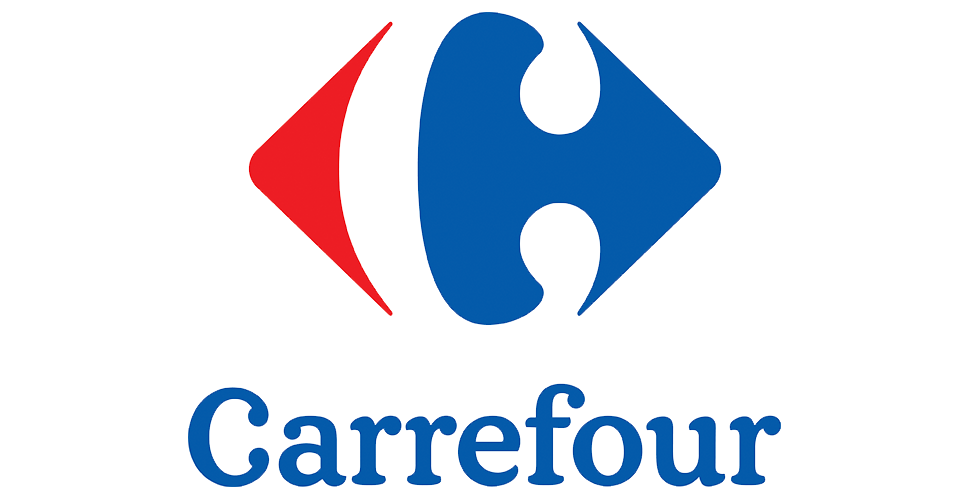Today’s supply chains are highly complex and involve a huge amount of logistics data. Since blockchain technology enables greater traceability, will traditional supply chains be disrupted by new firms and digital tokens?
The hype
Blockchain will change everything!
Or so the hypesters would have you believe. Of course, the world has already seen cryptocurrency arrive and not change everything; NFTs have likewise made their splash. Which is not to say that these have gone away.
Meanwhile, hype continues to swirl around how blockchain technology will be the way that all sorts of processes are finally digitized, paving the way for fast, efficient, ecological, democratized, trustable, and incorruptible trade and government. Is there any basis for such promises? Let’s look at what blockchain can really do.
The reality
What’s really happening is that while some companies are actively using a blockchain solution for their supply chain management, many more are still in the early stages of making it happen. What you may read about in March may be announced in October as being discontinued.
Walmart’s name is writ large in the blockchain-in-supply-chain literature because of its success and continued use (as of December 2022) of a system the company created with IBM to increase traceability of food products.
GSBN, an independent consortium of several shipping companies and a bank, says its blockchain infrastructure has several key partners signed up and actively using its Cargo Release tool in their supply chain management. They are still pushing for the creation and adoption of trade finance tools, and an application called IQAX eBL (for electronic bill of lading) has met with some official approval.
Maersk, however, has chosen to discontinue TradeLens, which is the system it created with IBM and implemented in 2018. The reason? Not enough uptake (more on that later).
The fact is that there are a great many people involved in the supply chain sector to get each individual product from the factory to the end consumer, and a particular industry is involved with each step of that process, where each and every company has its own way of doing things. A shift to blockchain, in practical terms, means asking a great many stakeholders to agree to add a bit of complexity to their working day.
Read more on blockchain technology and its business applications:
Blockchain enterprise solutions: how big players invest in blockchain development
How blockchain provenance tracking can help to track conflict minerals
How to build a blockchain app for tracking of manufactured parts
The promise
So why keep trying? Is this only about hype? Not at all — the advantages of blockchain technology in supply chain networks are real.
Traceability
When it comes to supply chain management, this is of course the number one advantage, the very reason distributed ledger technology was first suggested. One ledger to rule them all to provide supply chain transparency, rather than relying on all of the traditional, centralized databases kept by each individual firm where a product changes hands. Trying to integrate all these different data sources into one system would be a nightmare.
A distributed ledger is a solution that provides a single source of truth for all blockchain network participants. Each transaction recorded to blockchain can be trusted and attributed to a particular user (non-repudiation). None of the humans in any of the back offices have any opportunity to make a mistake or commit fraud that would affect the supply chain.
Security
Permissioned blockchains are relatively decentralized, so that—usually—there isn’t just one company in control of all of the data and the servers that the data resides on. Rather, there are multiple nodes that each have a copy of the encrypted data. Private data features such as encryption allow users to only share their data with a selection of other users.
Meanwhile, the fact that every user is vetted and every transaction can be identified with a given user means that there’s much less risk that any user could get away with injecting malicious code or claiming that another party is responsible for a false entry.
Smart contracts
The “smart” in smart contracts means that it’s a digital contract written in code and included in the distributed ledger itself. It can then run automatically when a certain condition is met. This is another way that time and cost is greatly reduced, because no employee working time is used for printing and signing documents to approve a given transaction.
The active users
So who else besides Walmart is actually using blockchain in supply chain management?
Renault
Renault’s use of supply chain solutions comprises of a platform called Xceed. Built on Hyperledger Fabric, the company launched it in April 2022 as a way to track thousands of the various parts that make up a car. The prime purpose was to achieve a transparent supply chain. If a part fails quality control or fails on regulatory compliance, a number of stakeholders along the supply chain can be notified all at once and weeks of paperwork are skipped.
It’s still relatively early in the adoption process, however, and Renault continues to work on connecting additional suppliers and logistics firms into the Xceed supply chain infrastructure.
De Beers
Increasing scrutiny of the diamond industry may well be at the root of this diamond producer’s effort at enhancing the traceability of its products. Launched in May 2022, its Tracr blockchain records a diamond’s size, clarity, color, and cut, plus all of the supply chain activities of the multiple parties along the way to the retailer. Customers can now ask retailers including Kay Jewelers and Zales whether a diamond has been ethically sourced.
Tech Mahindra
Supply chain visibility is particularly desirable for pharmaceutical companies, who want to prevent counterfeiting and reduce the amount of wasted product. The Indian conglomerate Mahindra Group has a dedicated technology arm that is responsible for more than 60 blockchain-based products; one they developed in collaboration with a startup is VaccineLedger. The blockchain contains data about who buys and transports COVID-19 vaccines to where and at what temperature, with complete records of purchase orders for each vial. VaccineLedger can be found on GooglePlay, updated on December 5, 2022.
The challenges
The fact is, blockchain does have its disadvantages, enough to make some in the supply chain industry reluctant to sign up.
Immutability
Marketing isn’t brave enough to put this characteristic on both lists: of advantages and disadvantages. The immutability of a blockchain is, fairly and honestly, touted as a positive. Once a transaction is recorded to the blockchain, it cannot be changed. And the entire blockchain is very hard to tamper with.
The truth is, though, that while blockchain reduces human error by reducing the number of humans handling data, there will still be a human entering data and possibly making a mistake. Or cheating. That data will always be in the ledger, by design—and it can’t be removed, regardless of GDPR (and similar privacy legislation) requirements.
High implementation cost
A large company may be able to cover the cost of installing the necessary software (and hardware) that the distributed ledger needs, but a small local supplier may not. In that case, who foots the bill?
Uptake
As Maersk discovered, it can be difficult to entice all of the possibly hundreds of stakeholders in supply chains to sign up to a new set of tasks with a new technology. This is in spite of the potential savings—indeed, IBM claims its data shows that TradeLens may have reduced documentation costs by 20% and shipping times by 40%.
The summary
The exchange of goods and services is a highly decentralized activity that requires extensive collaboration among its many networks of participants. How is a blockchain ledger often described? Precisely the same way—decentralized and collaborative. So these shared attributes are the ones that get proponents so excited. More importantly, these attributes are why firms continue to experiment and collaborate to develop blockchain technology and to find ways to encourage partners to join in.








